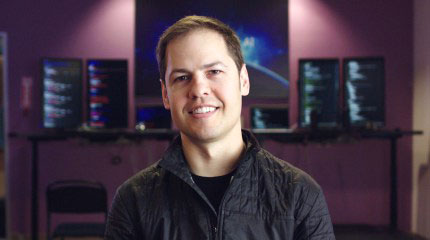Scott Phoenix founded Vicarious in order to create what he thinks is the last piece of technology you or anyone else will ever need: Human-level artificial intelligence.
“If we can build the first human-level AI,” he says, “then all of the problems that have stymied the human race for decades, like curing cancer, inventing fusion power, and making space travel cheap, are things that our intelligence systems could help us solve in hours or days.”
“If we can build the first human-level AI, then all of the problems that have stymied the human race for decades…are things that our intelligence systems could help us solve in hours or days.”
But they’re up against an often skeptical public. We see in popular media and hear from notable thinkers that the rapid development of artificial intelligence could pose one of the biggest threats to our way of life. Phoenix and the team at Vicarious are mindful of the risks, but they see a much brighter future where human-level AI is able to solve virtually every problem that humans simply can’t.
This video is part of Challengers, a Freethink original series presented by Fast Company, that introduces viewers to entrepreneurs building companies that could transform entire industries and change the world. Watch additional episodes here.





